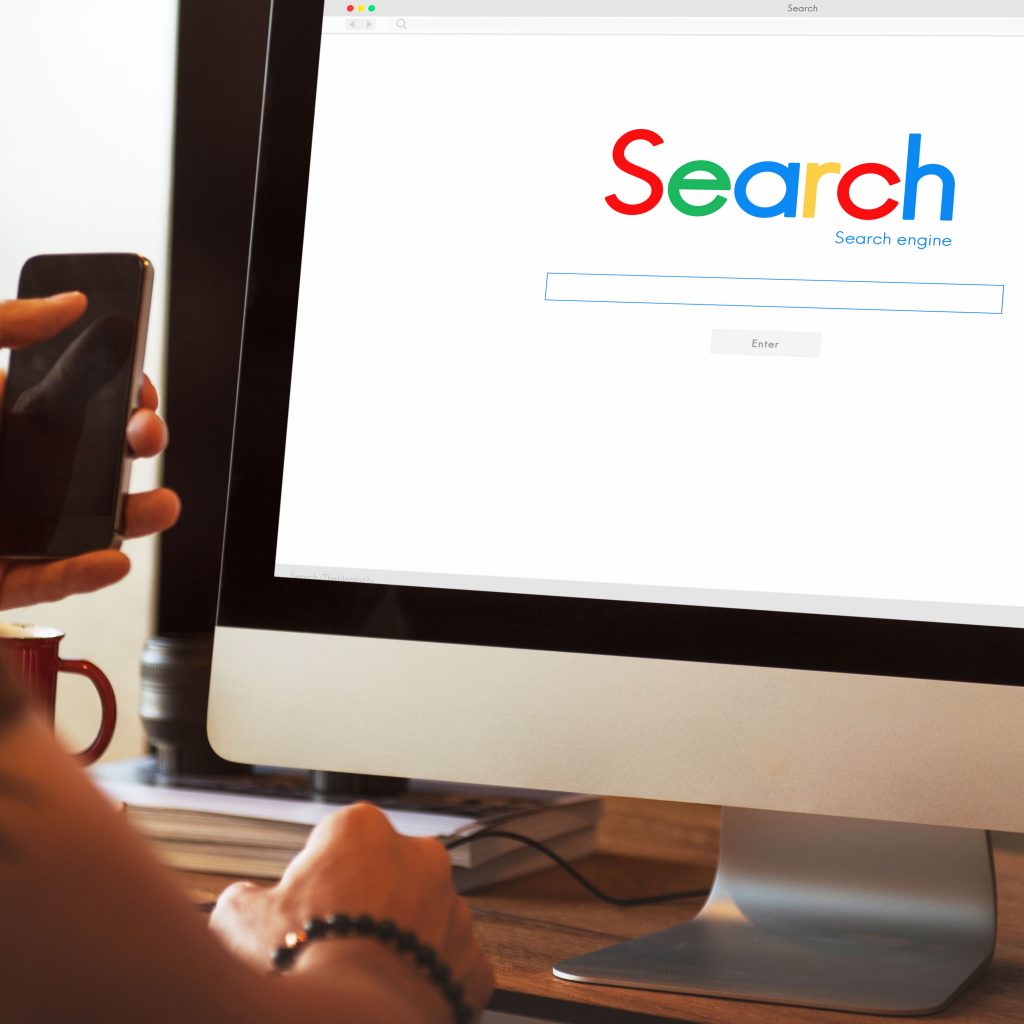A
s we enter the new year, you are probably asking yourself a few things:
- What is your company’s plan to improve your web presence in 2023?
- Are there trends you need to be aware of?
- What’s the difference between SEO vs Google PPC (or even, what is Google PPC?) and which is better – or should you have a combination of both?
Here’s what the experts at Ready Ads say you need to increase your business’s web presence in 2023:
1. What are the differences between Google PPC and SEO?
SEO (search engine optimization) is the focus of increasing online traffic and website visibility through organic search, or unpaid search. The better your visibility, the more likely you are to attract prospective and existing consumers to your business.
Google PPC (Pay-Per-Click Google Ads) or paid search, on the other hand, covers an array of online opportunities to drive traffic to your site including search ads, video ads, display ads, remarketing, and multiple other formats. But instead of being free, you pay every time someone clicks on your ad (you pay per click).
2. Exploring Google PPC in 2023
So now that you know what Google PPC is and how it varies from SEO, what are the pros and the cons?
The Pros
- You can get results quickly, no matter your current web presence. After your campaign goes live, you should start to see traffic, clicks, and conversions almost immediately. To achieve the same results with SEO, it can take months – and that’s with a solid strategy in place.
- You get to bypass the organic results. Google PPC ads are the first thing viewers see when they initiate mobile and desktop searches, so even if you don’t have great SEO or are not yet a well-known company online, you have the opportunity of getting to the top of the search results page with Google PPC.
- You can directly target your customers. Whether your business is B2B (business-to-business) or consumer-based, if you have a specific target market you want to cater to, Google PPC can make it happen with ease.
- You’ll have all the analytics. As a Google PPC user, Google will provide you with a bevy of analytical data, helping you better optimize your campaigns and improve your ROI (return on investment) on a consistent basis.
- It’s very easy to do testing and make improvements. If you aren’t sure what the best method of targeting your potential customers is, you can hone in on the right strategy through Google PPC’s A/B testing options, making it easy to make continued improvements and get bigger returns.
The Cons
- It’s not free. Unlike SEO, the traffic you get from Google PPC advertising (Google Ads) isn’t free. You pay for every single click that goes to your website from an ad.
- You have to spend more to get more. The more you invest in your Google PPC, the better results you are going to get – which can get expensive if you don’t watch your budget and monitor keyword competition.
- Competition increases cost. As new and existing competition enters the marketplace and starts competing for keywords and space, it can increase the cost-per-click (cpc) of your keywords, which may mean you need to pay more money to drive conversions.
- When the ads are off, so is your online traffic. If for some reason you have to stop your ads and you don’t also have a good SEO strategy in place, your online traffic will almost instantly stop.
- It may cost more than clicks. Unless you are doing your Google PPC yourself, you may need to consider additional costs such as paying an agency or employing someone to manage your campaigns for you and stay on top of ever-changing PPC trends.


3. Exploring SEO in 2023
Maybe you don’t want to pay-per-click and you would rather explore an organic way of growing your online presence (afterall, who doesn’t like free?). What are the pros and cons of improving your SEO?
The Pros
- It’s free (mostly). For truly effective SEO, you have to continuously update and add content and place an initial investment, which may cost you if you have someone doing that for you. Otherwise, SEO is mostly free; there is no pay-per-click involved if someone finds you while browsing.
- Results occur 24/7 and don’t turn off. If you have good SEO, you can expect to see sustained results instead of results that can “disappear” – like if you were to suddenly suspend a paid search campaign with Google PPC.
- Good SEO means stability. If you correctly optimize your website, your SEO should remain somewhat consistent, whereas Google PPC can fluctuate.
- Avoid targeting someone with no interest in your company. With good SEO, you can make sure that you are targeting all of the right people, and not accidently getting visits from those not interested in all your company offers.
The Cons
- It takes a lot of time to get good results. While Google PPC can have immediate results, establishing a solid SEO strategy can take months – sometimes many months if you are a new or lesser-known company.
- There are no quick tricks. Google’s algorithms have gotten very sophisticated over the years. Gone are the days when you could “trick” your way to the top or stay there by having a few solid keywords in your back pocket (or on your home page).
- You have to keep producing unique relevant content to maintain results. In order to get good results, you have to produce consistent, unique, relevant, and authoritative content and keep on top of ever-changing SEO trends as Google updates their algorithms.
- Competition is fierce. Unless you are super, super niche, you are most likely not just competing with other similar businesses in your area. You are competing with the world, which means getting ranked at the top of search results can be very difficult.
- It may require an investment. To achieve solid organic SEO success, you need to have a strategy in place involving technical SEO, link building, analytics, content creation and more. That may mean building an in-house team, or hiring an experienced agency to help you – making your free strategy…not so free.
4. Can SEO and PPC work together in 2023?
So, should you buy your way to the top with Google PPC or should you put your efforts toward a more organic strategy with SEO?
At Ready Ads, we think a solid SEM (search engine marketing) plan involves a little bit of both.
Together with SEO and PPC in place, you can get better exposure online and boost your search visibility in both the short term and long term. The combination will help you develop a solid brand presence in a competitive online marketplace, and put your company where it needs to be in 2023.
Get the right mix with Ready Ads
There is a lot to know when it comes to PPC and SEO advertising. If you are ready and want help increasing your web presence, give Ready Ads a try – we’re here to help you find the right strategy for 2023 and stay on top of ever-changing PPC and SEO trends.